What did you do before establishing Woodlab Distillery? I trained as a process chemist and I spent 30 years carrying out drug discovery in the pharmaceutical industry. My area of expertise was to scale up complex chemistries, simplifying the route and processes to make them cost effective, minimising use of raw materials and ensuring least impact on the environment. What made you decide to start making gin? I wanted to create a long lasting business that would bring more prosperity to Northern Ireland. We wanted to showcase this wonderful corner of Ireland – the “Orchard of Ireland” as its known - where a unique microclimate encourages a whole range of botanicals and fruits, especially apples, to grow. Researching how gin is made it quickly became apparent that using a traditional alembic still was limiting in two ways, firstly the heat destroys the flavours and aromas of delicate botanicals, and secondly there are much more energy efficient ways of making gin nowadays than a technology that is over a thousand years old. Can you tell us more about the distillery? The distillery is very different to a normal distillery - think laboratory and white coats rather than copper stills and lots of pipework. We have a rotary evaporator and a microwave still that sit on a benchtop, each has a footprint of a small oven but we can produce around 1,000 litres of gin per day using our process. Can you tell us more about the distillation process? We use two techniques in combination – microwave assisted hydrodistillation coupled with vacuum distillation and we do it in glass stills to cold distil our botanicals. This process allows us to preserve all the delicate flavours of botanicals that would be destroyed or transformed by heating in a conventional still. A fantastic by-product of this process is that it uses only 2% of the energy of a traditional still, so we benefit from low energy bills and get to do our bit to save the planet. Can you tell us more about the botanicals you use and your unique approach to selecting them? Using my chemistry skills I carried out molecular analysis of all the botanicals that grow around the distillery as only a mad scientist would do! This allowed me to identify local substitutes for exotic botanicals for example the same flavour molecules found in cubeb peppers can be found in dandelions, so instead of the botanicals coming from Indonesia I can pick them from my lawn. Not surprisingly, being surrounded by orchards two of our products feature apples, our Apple Gin and Apple Rum. We also have a raspberry gin liqueur - my wife grows raspberries in the garden and having a freezer full of excess fruit inspired me to create a raspberry gin liqueur that is gently sweetened with honey from the bees that are used to pollinate the apple blossoms. What can visitors experience if they visit the distillery? They will discover a “distillery with a difference” - very much a 21st century experience, they’ll get to see the unique process we use to produce our award-winning spirits. As well as a welcome cocktail they can taste the full range of spirits as their signature serves and finish off with a seasonal cocktail. Alternatively they can visit our Gin School. We have individually distilled local botanicals to produce a whole series of “Flavour Notes” and visitors can taste the Northern Irish countryside, decide which flavour notes they want to use and then compose their own symphonias to share with their friends. What have been the biggest challenges and achievements, or your favourite story so far? Our greatest achievement would have to be scoring 93% at the IWSC and winning the Champion of Champions at the Irish Gin Awards for our Dry Gin. The fact that it was blind tasted and judged to be as good as or better than other gins gave us validation for our unique process, so nobody can claim that our process is somehow not as good as the traditional approach. How would you describe your gin in 3 words?
Irish, innovative, delicious. What's your favourite way to drink your gins?
Which gins would you always have on your gin shelf (other than your own of course!)? It would have to be an Irish gin such as Boatyard Gin, Shortcross Gin, or Glendalough Gin. What's next for you, Woodlab Distillery and your Symphonia Gin range - any exciting plans? Yes, we are going to be opening a shop which not only features our products but a whole range of locally produced artisan food and drinks to showcase this unique region. You Might Also Like...
Comments are closed.
|
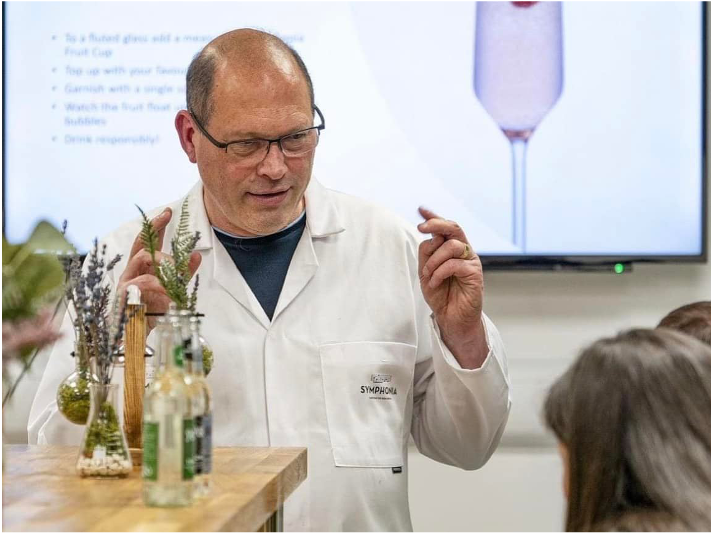
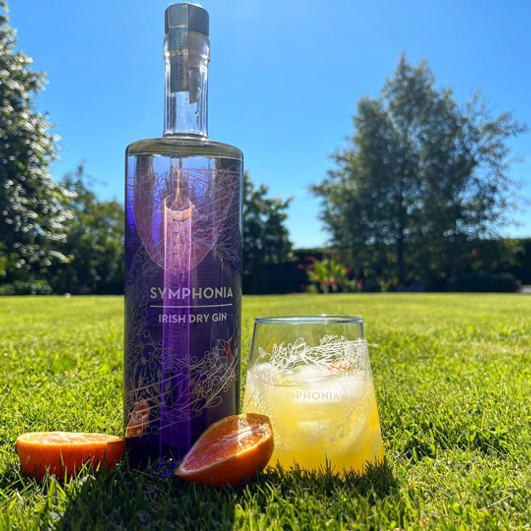
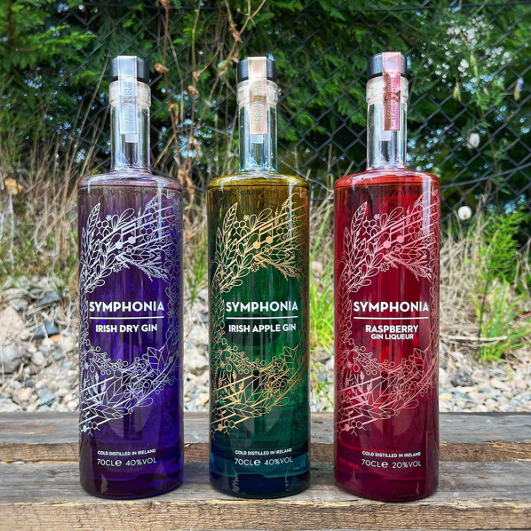
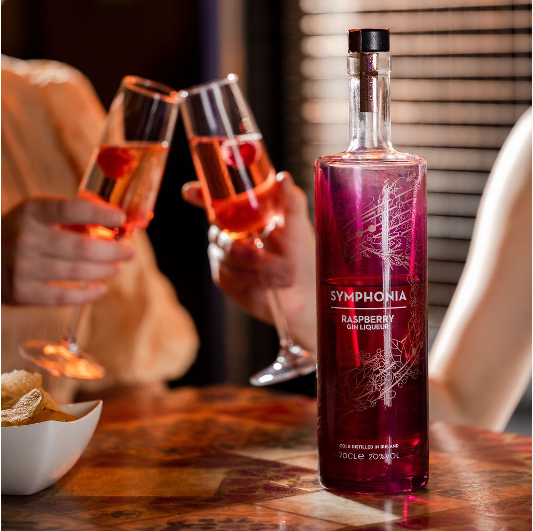
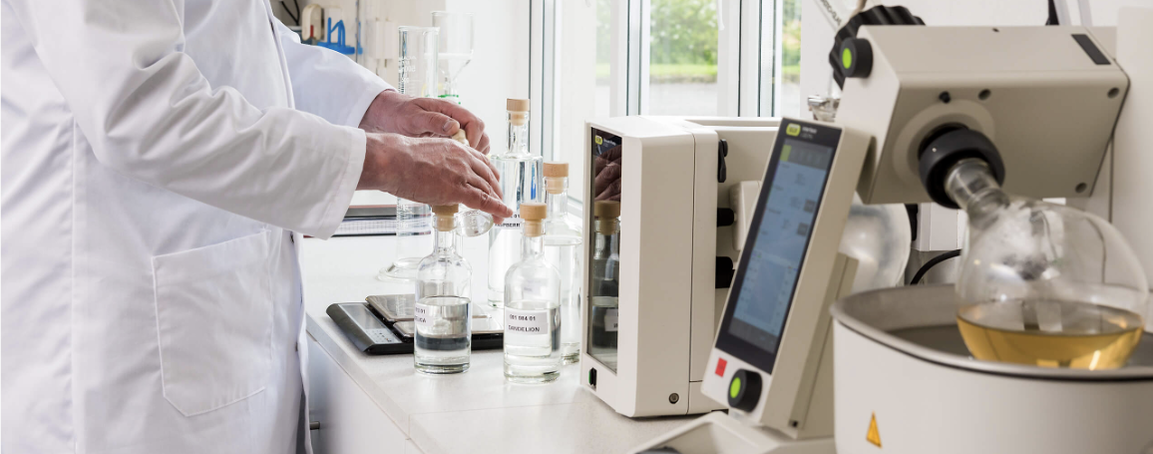
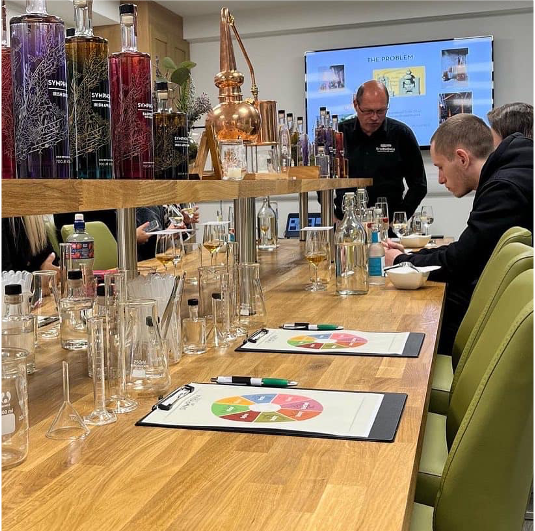
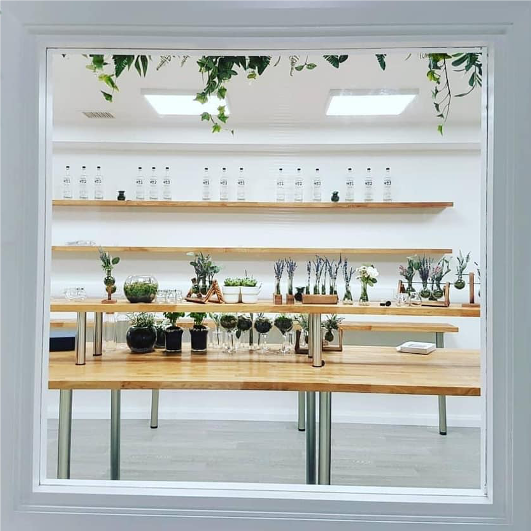
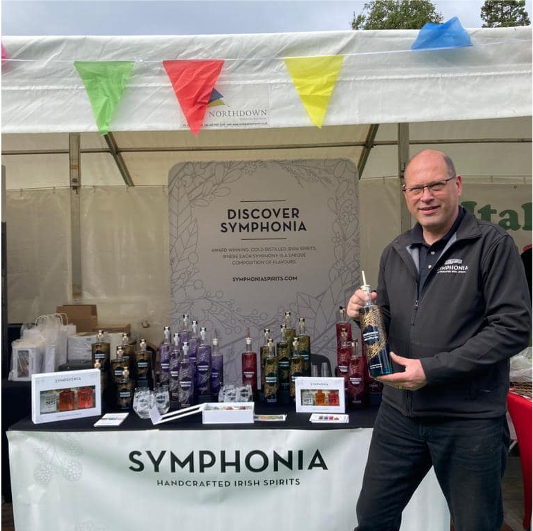
 RSS Feed
RSS Feed


